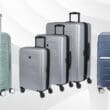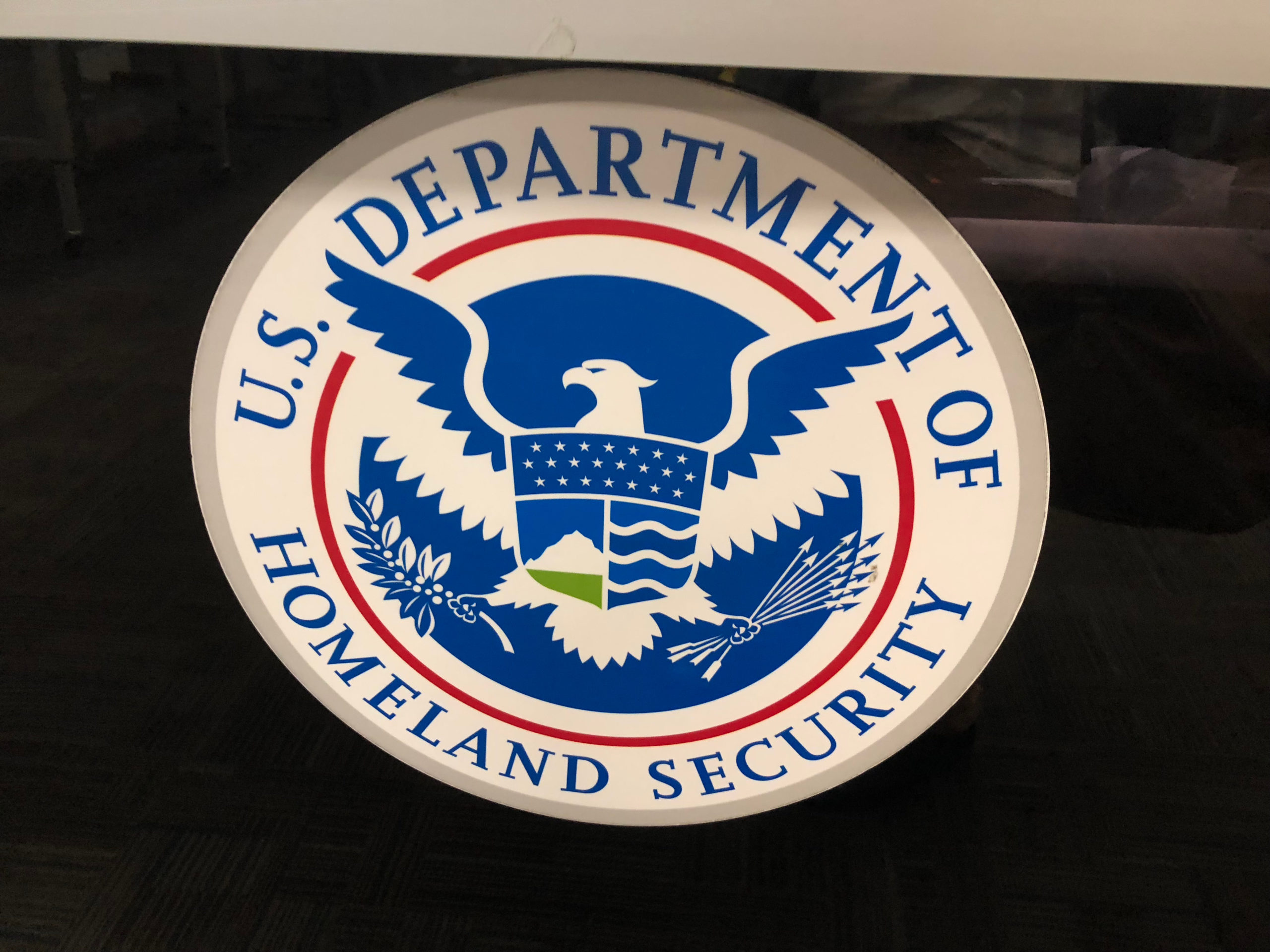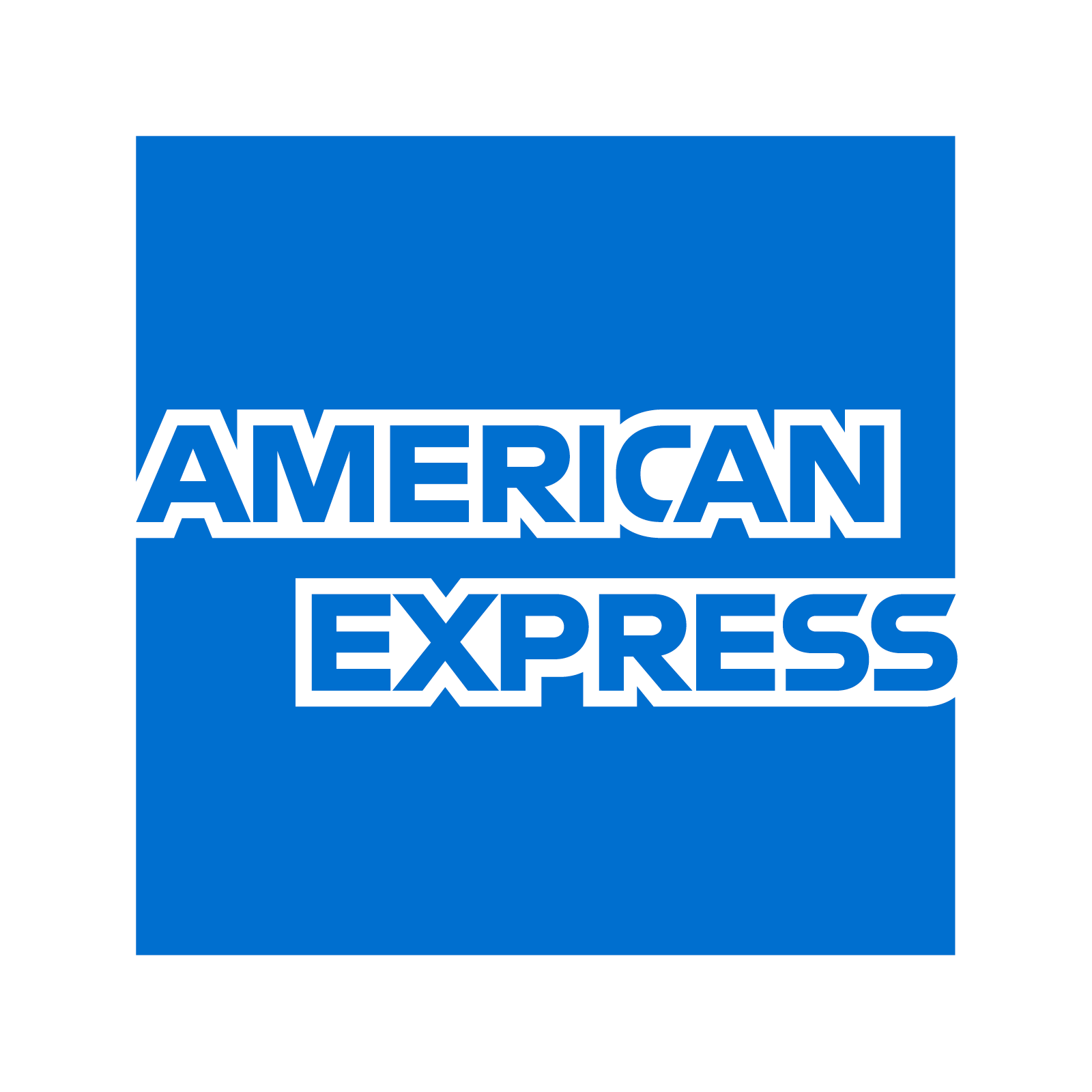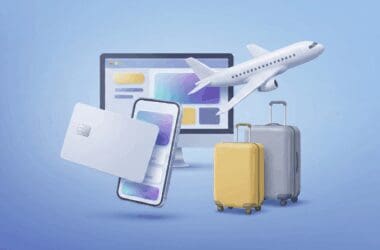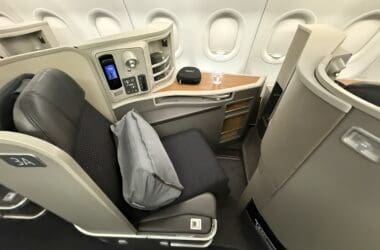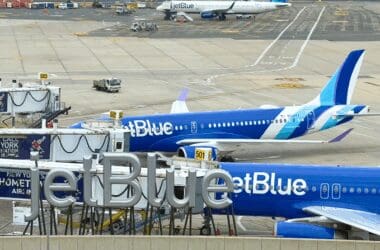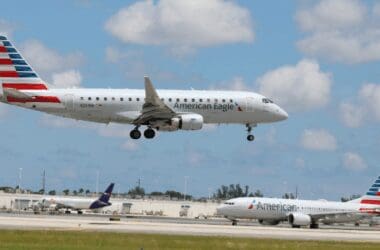US Customs and Border Protection (CBP), a division of the Department of Homeland Security (DHS), announced earlier today that residents of New York state will be unable to apply for the department’s Trusted Traveler Programs (TTP). These programs include popular services like TSA PreCheck and Global Entry as well as lesser-known programs like SENTRI and NEXUS.
According to the Department of Homeland Security, New York residents are unable to apply for these programs as a result of a new law that prohibits the DHS from accessing Department of Motor Vehicle records within the state without a court order. The law, known as the “Green Light Law,” was implemented by New York legislators to prevent DHS and CBP agents from pursuing undocumented immigrants using New York state DMV records. The DHS has stated that because the agency is unable to access DMV records, it is unable to process Trusted Traveler Program applications from New York residents. However, some officials in New York state claim that the decision was a form of retaliation for the state’s implementation of the Green Light Law.
The decision to prohibit New Yorkers from applying for Trusted Traveler Programs is a significant inconvenience for frequent flyers across the state. New Yorkers that had planned on applying for a TTP may be wondering if it’s possible to circumvent the DHS’s ban. Unfortunately, it’s improbable that the majority (if any) New Yorker will be able to navigate around these new restrictions. However, there are alternative programs as well as one outlandish workaround that may be available to New Yorkers impacted by the new restrictions.
A Possible Workaround, Residing in Two States at Once
Dual citizenship––when an individual is a resident of not one but two countries––is not all that uncommon. In fact, it estimated that anywhere from 1 to 5 million Americans have dual citizenship. Additionally, United States citizens can also be residents of two or more states. Dual residency in which an individual is a resident of two (or more) states is relatively rare. The primary reason that Americans tend to avoid being residents of two or more states is related to taxes. US citizens that are residents of two or more states may be subject to double taxation. Moreso, residing in two US states isn’t practical. Anyone in the United States, even travelers from foreign countries, can travel between all 50 US states at any time. Moreso, businesses based in the United States can conduct business in any US state with only a few restrictions or hurdles. That being said, it’s highly unlikely that the average New Yorker is a resident of two or more states. However, in the event that a New Yorker is a resident of both New York and say, for example, New Jersey, they may be able to circumvent the DHS’s new restrictions on Trusted Traveler Programs.

The keyword here is may. Assuming the reason provided by the DHS, that the agency is unable to access New York DMV records, is accurate, an individual residing in both New York and New Jersey may still be denied access to a program like PreCheck or Global Entry. When applying for a Trusted Traveler Program, the Department of Homeland Security and Customs and Border Protection, run an extensive background check on the applicant. This background check requires the DHS/CBP to be able to access any government record related to the applicant. That being said, if the DHS is unable to access DMV records in New York state, this may be considered a red flag and lead to the applicant being denied access to a TTP. However, if you’re one of the few New Yorkers officially residing in two or more states, this possible workaround may be something to consider.
Unfortunately, this is the only potential workaround at the moment. If you’re a resident of New York state, it is quite difficult, if not impossible, to work around the DHS’s new restrictions. However, two privately-owned companies offer relatively popular programs that allow for expedited entry into the United States and security screening at US airports. These programs are not part of the new DHS restrictions.
Alternative Trusted Traveler Programs
In addition to government programs like Global Entry and TSAPreCheck, there are two programs that aren’t tied to the United States Federal Government. These two programs are CLEAR and Mobile Passport.
CLEAR
CLEAR is a service that allows registered travelers to use kiosks near TSA security checkpoints to jump to the front of the queue at security checkpoints. CLEAR is now widely available at major US airports. Additionally, in 2020, the service will be rolled out to new markets, including St. Louis-Lambert International Airport. CLEAR costs $179 per year and is billed annually. Additionally, CLEAR also offers a student rate for college students costing just $50 a year billed annually. Registering for clear includes a background check and collection of basic biometric data like fingerprints and retinal scans. It’s important to note that while CLEAR allows all members to jump to the front of the security queue, it does not automatically enable members to access TSAPreCheck. CLEAR members that wish to take advantage of TSAPreCheck must also apply for the program.

Mobile Passport
The second program is Mobile Passport. Mobile Passport is an application available to both iOS and Android users. To take advantage of this freemium program, travelers must hold a US passport. Mobile Passport enables travelers to fill out required custom forms prior to arrival. Upon arrival at most major US airports, travelers using Mobile Passport can use dedicated lanes at points of entry to breeze through immigration.
Having used both CLEAR and Mobile Passport numerous times, I can say with confidence that each service consistently provides travelers with expedited security screening and entry into the US. However, as someone that also has TSAPreCheck, the benefits of CLEAR are especially evident when combined with PreCheck. Additionally, while Mobile Passport is much faster than clearing standard immigration checkpoints, it is not nearly as fast nor efficient as Global Entry. However, for the time being, these are two fantastic alternatives available to New Yorkers impacted by the DHS’s new restrictions.
Featured image by Louis.Roth/Shutterstock.com
More from Max:
- Video: Tour a United Airlines Bombardier CRJ-500
- Review: I Finally Got To Fly Cathay Pacific First Class
- Credit Card: The Mastercard® Gold Card™ from Luxury Card™
- The College Points: Your Guide to Buying Frequent Flyer Points & Miles

